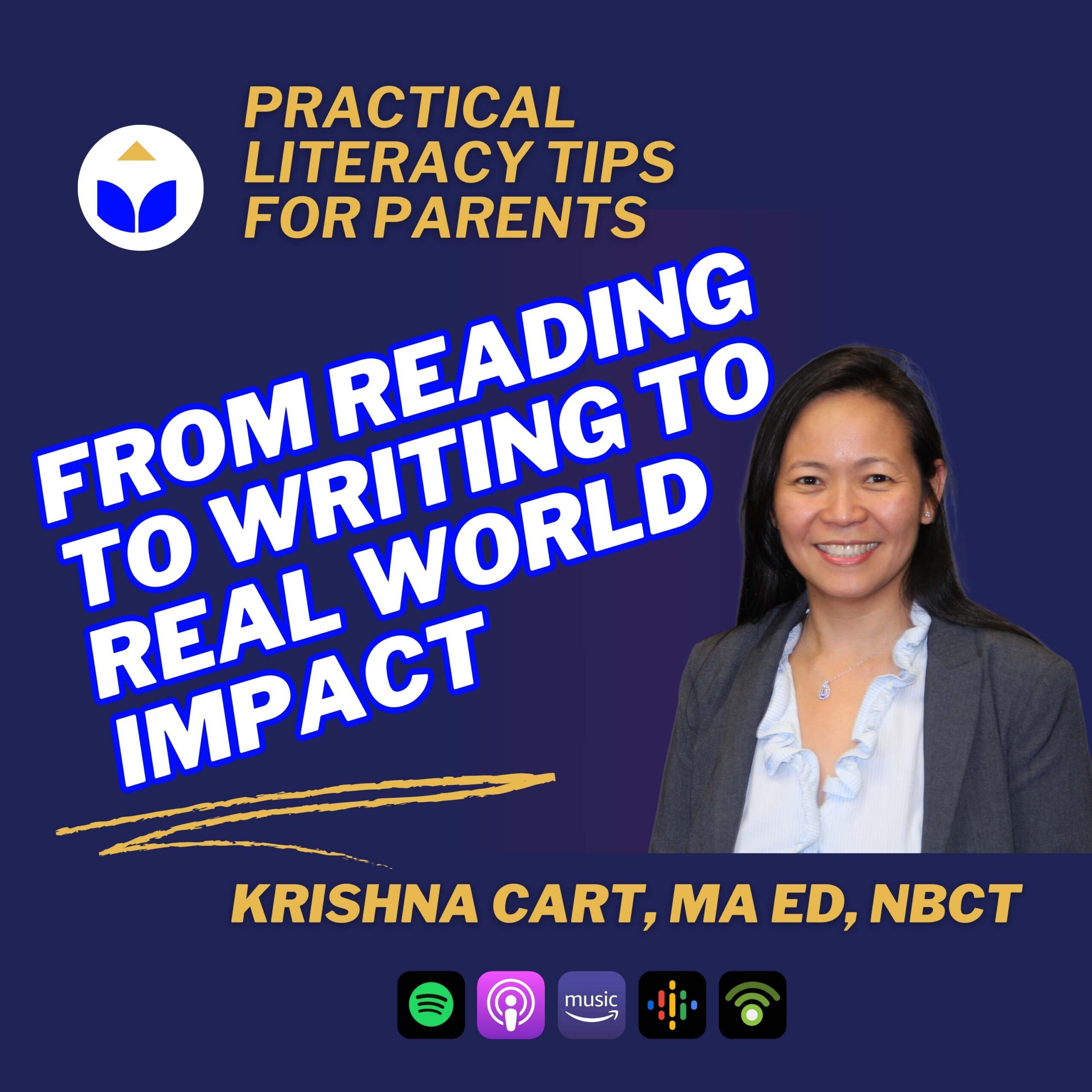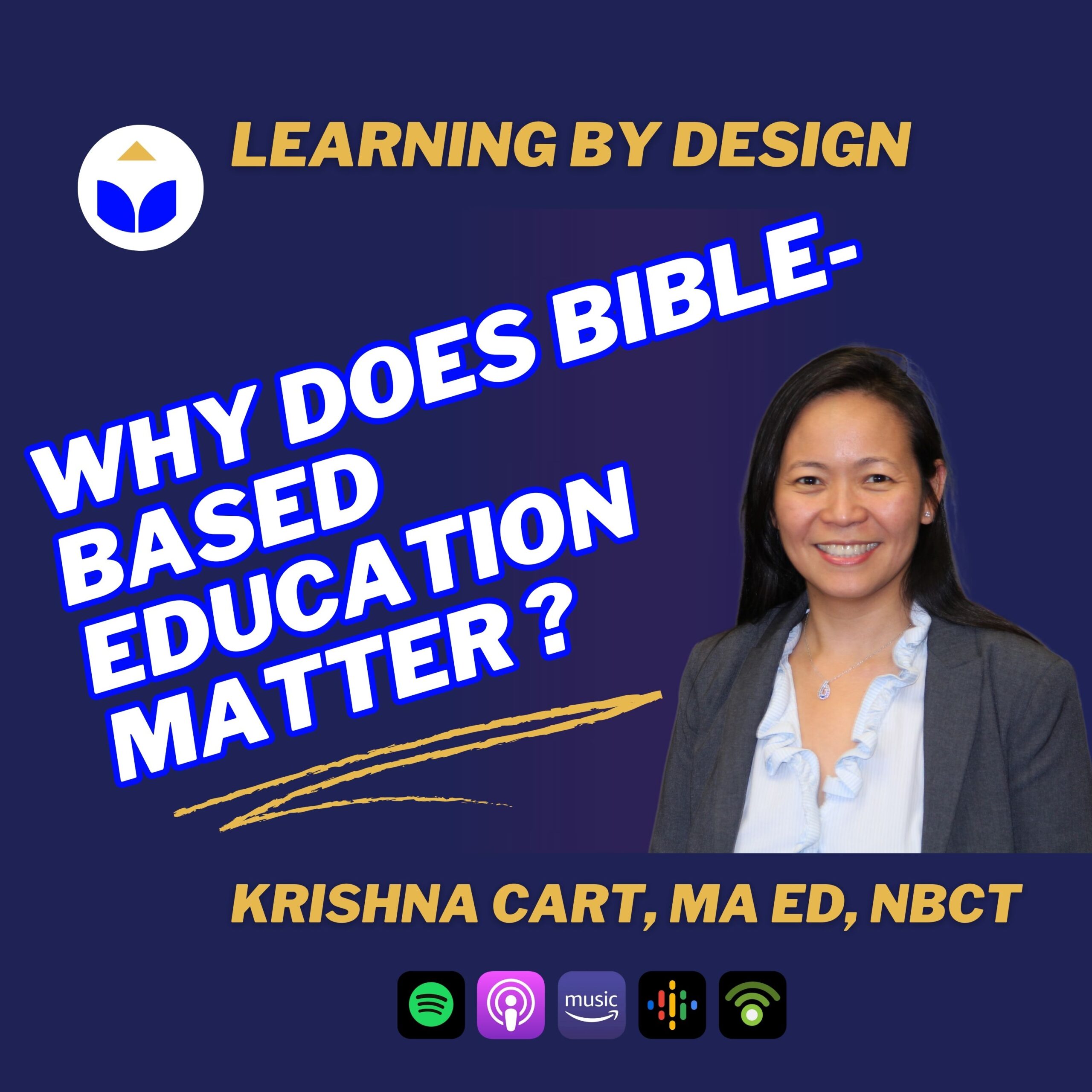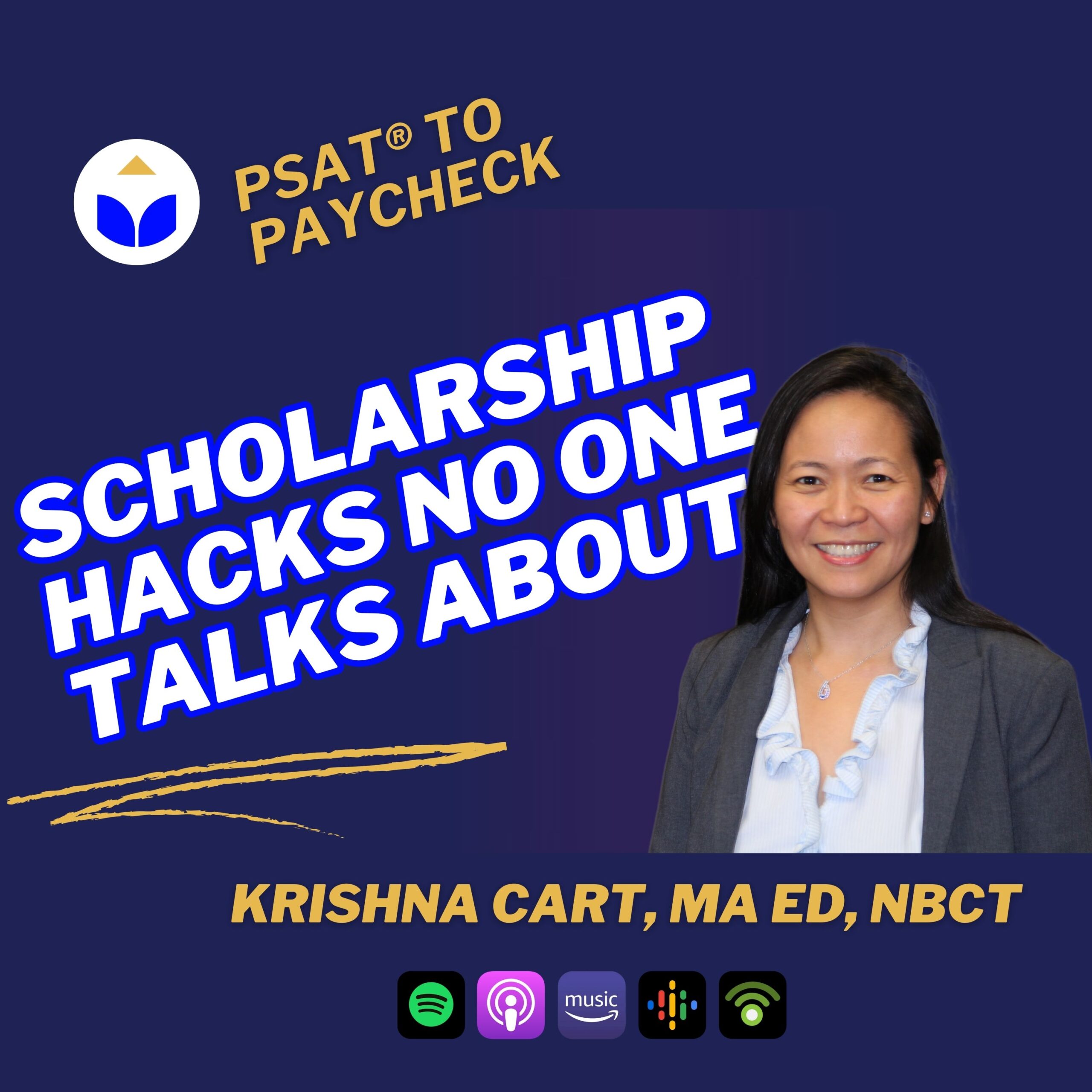Episode Transcript
[00:00:02] Hi, I'm Krishna Kart and welcome to Learning by Design podcast where we guide learners and leaders to craft their success stories through engaging ideas, educated minds and empowered futures.
[00:00:18] So I am the founder of Young Scholars Circle, also known as the Masterpiece Academy, and I'm a national Board certified reading specialist and a passionate advocate for a literacy education. With over 25 years of experience working with families, I've seen firsthand how parental involvement plays a critical role in a child's literacy success.
[00:00:45] And today's episode is a special one. We're diving into practical, research based backed strategies that you can use to foster a love for reading and writing in your child, whether they're in kindergarten or high school. We'll cover how literacy develops across different ages, everyday strategies to make reading and writing fun, and the role of technology in modern literacy education.
[00:01:18] And as you know, literacy development, each child undergoes through developmental stages and they have their own individual learning style. So these strategies, practical strategies that I will discuss with you, these are not set in stones. These are examples to just help you get started, just to get the ball rolling. But in the next future, you know, in the next podcast episodes, we will go in depth. Okay.
[00:01:52] And as you know, we know from research that parents are the most influential teachers in a child's life. A literacy rich home has been shown to significantly improve a child's reading comprehension, writing skills and critical thinking.
[00:02:09] And you're probably familiar with this science of reading.
[00:02:14] According to the science of reading, literacy development is made up of five key components and you will see it here. Phonemic awareness, which is understanding sounds in words, phonics, connecting sounds to letters, vocabulary, expanding word knowledge, comprehension, understanding and interpreting text. And as parents, our goal is to create an environment where this skills develop naturally and joyfully. Okay. And then of course, fluency, it's the way the automaticity in reading. So all these five components play a critical role in child's development.
[00:02:59] You will notice that phonemic awareness, phonics, those are basically needs to be developed early on, like from kindergarten to second grade and then the rest will be from third grade onwards. But it's still good to have all of these five key components, five pillars developed early on.
[00:03:25] Okay, so here we're going to tackle, not exhaustively, some practical strategies for you.
[00:03:36] We're going to talk about how to model reading and writing at home, how to create a literacy rich environment, how to embed literacy into daily activities, and how to utilize technology mindfully.
[00:03:55] Well, as you know, parents often ask me, how can I make reading and writing a natural part of our daily lives. The good news is it's easier than you think. Okay. But it always starts from us as parents. You've got to model reading and writing at home.
[00:04:15] One of the key things is to start small. You can embed routinely embed reading together as a family. And you can also embed talking and writing as a family.
[00:04:31] And then the second one is creating a literacy rich environment. So when you say create a literacy rich environment, that means it's just making those reading and writing materials accessible. Okay. Or available to your children. You've got. It can be filling the bookshelves with your favorite books or you know, putting baskets in the place where your child usually stays. Okay, Bring books. If you travel, you've got to bring books and tech on the go. Like, you know, you've got to choose podcast, audiobooks, etc. That you guys can listen while traveling or inside the car.
[00:05:13] Okay.
[00:05:15] And the third component is embedding literacy into daily activities. Okay? So number one, read aloud. Especially this is good for K to 5. Read aloud and write. So whether your reading and writing should not feel like extra homework, it should blend into daily life. So strategy number one, play word games. Okay. You can try word clouds, coded messages, or rhyming challenges. This builds vocabulary in a fun way. Okay. And read aloud and write.
[00:05:53] Whether your child can read above grade level books, they would still benefit from reading out loud. So if your student or if your child is reading at a first grade level, you might want to do a read aloud two grades above grade level. And then afterwards discuss it with your children to embed to enhance their comprehension because and critical reading and writing.
[00:06:20] And then when you build comprehension, you can see here in the third bubble, in the third circle, you might want to ask creative and critical thinking questions like what do you think? Or discuss the. You can discuss the credibility of online sources if you're accessing high quality digital materials.
[00:06:45] Okay. For grade six to 12, one way that you can embed literacy is to have do writing and reading. In book discussions embedded, you can embed, say for example, books versus movies or plays.
[00:07:06] You can always ask connections like, you know, what does this remind you of? Pick a portion in a story and then discuss it. Okay. And then it doesn't need to be always book. Like for example, you can discuss something that you've watched in TV because we're now into del. Delving into multimodal literacy. So even news articles, you know, talk shows, anything that you watch in tv, even movies, okay. You can always connect it to the ones that they have read at school or compare and contrast characterizations in movies. So this is something that you know that will build their comprehension and vocabulary. Sometimes documentaries, if your child is into National Geographic or travel, you know any documentaries, you know that that's going to help, especially if you ask deeper questions. You got to ask talk about issues to encourage critical thinking. Okay. And when you access. And of course we're going to talk about it, this is a good segue for utilize technology mindfully. You might want to embed digital citizenship early on. Okay.
[00:08:30] What it means is just, you're just telling them, you know, or guiding them in choosing reliable sources. Okay. Because as you know, the Internet has a lot of good and bad stuff and you just have to give them, guide them how to make good choices. Okay.
[00:08:49] And if they encounter some books that are, that are contrary to your values, then you might want to talk about it, like talk about it right away. Okay. Don't allow them to process it and then let the other. The culture would be their parents.
[00:09:12] We need to be the real parent and we need to be the one who will instill values to our children. Okay. And when you use educational apps, make sure it's high quality. Okay? So say, for example, take a look at our STEM camps. Train them for competitions. That's one way to use technology mindfully. And how they can use.
[00:09:37] How can we embed like say for example, reading and writing and in STEM and problem solving techniques. So all of those academic subjects are embedded into the STEM camps. Okay. And part of utilizing technology mindfully is to strike a balance. Okay. Always teach the technology is. Those are just tools. Don't allow them to be consumed with technologies.
[00:10:08] Okay? So these are some of the practical strategies that we have discussed. And just to sum it up, we talked about how to model reading and writing at home, creating a literacy rich environment, how to embed literacy into daily activities. And we divided it into K to 5 and 6 to 12. And of course those are not. Those are not exhaustive. Those are something that you can just. Those are just some ideas and obviously there's a lot more there.
[00:10:43] And obviously how to utilize technology mindfully. Okay?
[00:10:49] So the goal is consistency. And you've got to be deliberate with all of those. All of these are backed by decades of research. And that also shows that the Bible is true. Okay. Proverbs 3, 5, 6.
[00:11:07] Train a child, Train up a child the way he should go, and when he is old, he will not depart from it. And then another one, we got to be deliberate. And you know those research only proves the Bible is true. Behold, children are a heritage from the Lord. The fruit of the womb is a reward, like arrows in the hands of a warrior. So are the children of one's youth. So parents who are involved in their children's education, they grow up to be resilient. And they grow up it really you really saw what you can see.
[00:11:48] You can see what you have invested when they grow up. Okay. And if you like our podcast, make sure to before we wrap up, you know, you want to make sure that we got to remember that literacy starts at home and small daily actions make a big difference.
[00:12:16] Reading and writing should be joyful. And if you'd like to like a principal guide with all of these strategies, visit. You can just download it here or you can visit the blog that accompanies this podcast. Okay. And be sure to subscribe, leave a review and share this with another family. Thank you so much and I hope to see you in our next podcast.
[00:12:45] Bye for now.


